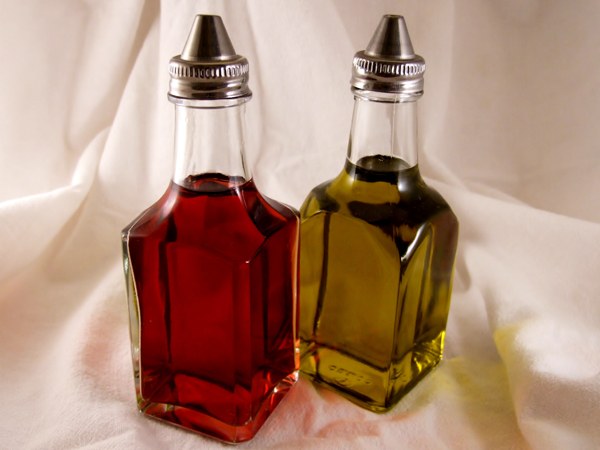Useful properties of linoleic acid
Linoleic acid and regulates fat and protein metabolism, helps neutralize fat, saturated fat, prevents the accumulation of cholesterol in the blood vessels, prevents blood clots, protects cells from premature aging, improves function of the nervous system, improves absorption of fat-soluble vitamins and b vitamins.
A sufficient amount of linoleic acid supports normal hormonal balance, has beneficial effects on the reproductive and endocrine systems, improves the condition of skin and hair, and provides good digestion for the production of bile acids and digestive enzymes.
In addition, linoleic acid necessary for the synthesis of physiologically active substances prostaglandins, which affect the production of hormones, increase the immune protection of the organism involved in the contraction of the heart vessels, smooth muscles of the gastrointestinal tract and uterus. Especially important linoleic acid in the period of intrauterine development of the fetus and in early childhood. It depends on the correct formation of brain, eyes, kidneys and gonads.
The human body is able to synthesize linoleic acid from other health-promoting omega-6 acids: gamma-linolenic and arachidonic acids. Gamma-linoleic acid is the most active and useful of all omega-6 acids. It is necessary for the production of prostaglandin E1, which serves as one of the most effective means for slowing down the aging process.
With a lack of linoleic acid develop the following symptoms: fatigue, weakness, dry skin, decreased immunity, a variety of menstrual disorders, swelling of the face and feet, hair loss, peeling knees and elbows, fragility and stratifying of nails, loss of memory and concentration, joint pain, delayed growth and development of children, reduced bone density, female and male infertility, dysfunction of the cardiovascular system.
Sources of linoleic acid
Linoleic acid in large quantities is a composition of various vegetable oils, among which safflower oil, grape seed oil, pine oil, sunflower oil, hempseed oil, soybean oil, wheat germ oil, rosehip seed oil, Thistle oil, poppy seed oil, cottonseed oil, corn oil, sesame oil, rice oil, mustard oil, pistachio oil, etc. in addition, linoleic acid is present in some animal fats: pork, beef and mutton fat.





